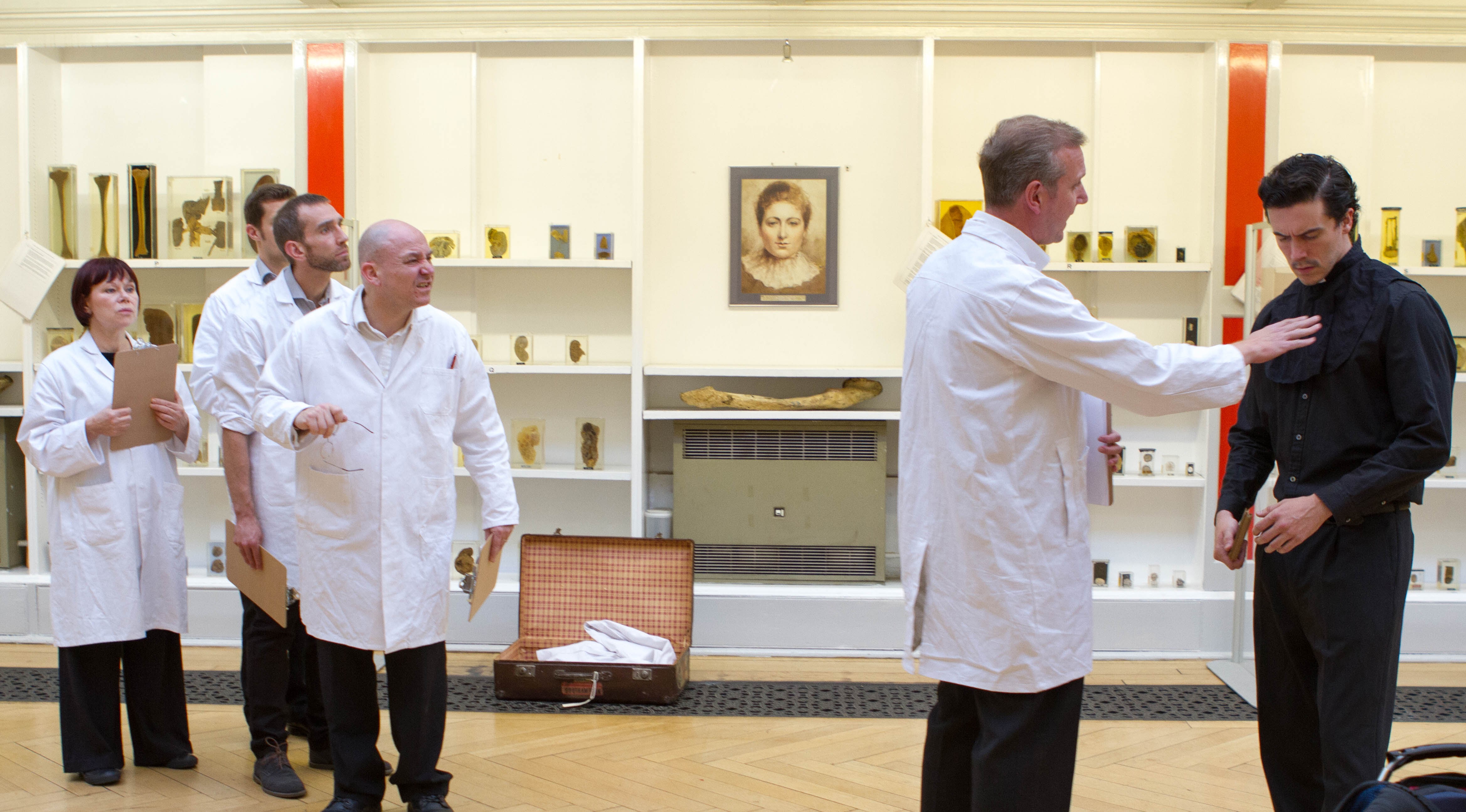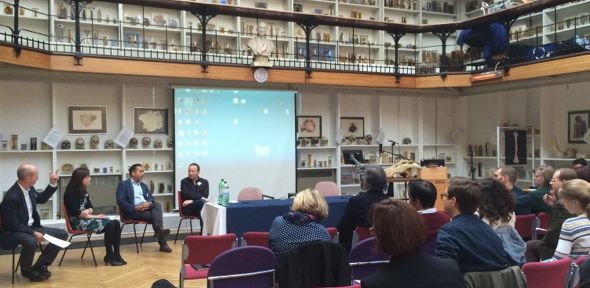
Digital Critical Edition of Middle-Period Works by Arthur Schnitzler
Latest Project News and Events
Launch event for Schnitzler Digital Edition and theatre performance
First releases: Arthur Schnitzler digital
Feedback for Transcribing Schnitzler sprint
Theatre production of Professor Bernhardi will come to Cambridge
Podcast on '"Dying Well": Enacting Medical Ethics' now online
Symposium '"Dying Well": Enacting Medical Ethics
The Schnitzler Edition Project
Launch event for Schnitzler Digital Edition and theatre performance
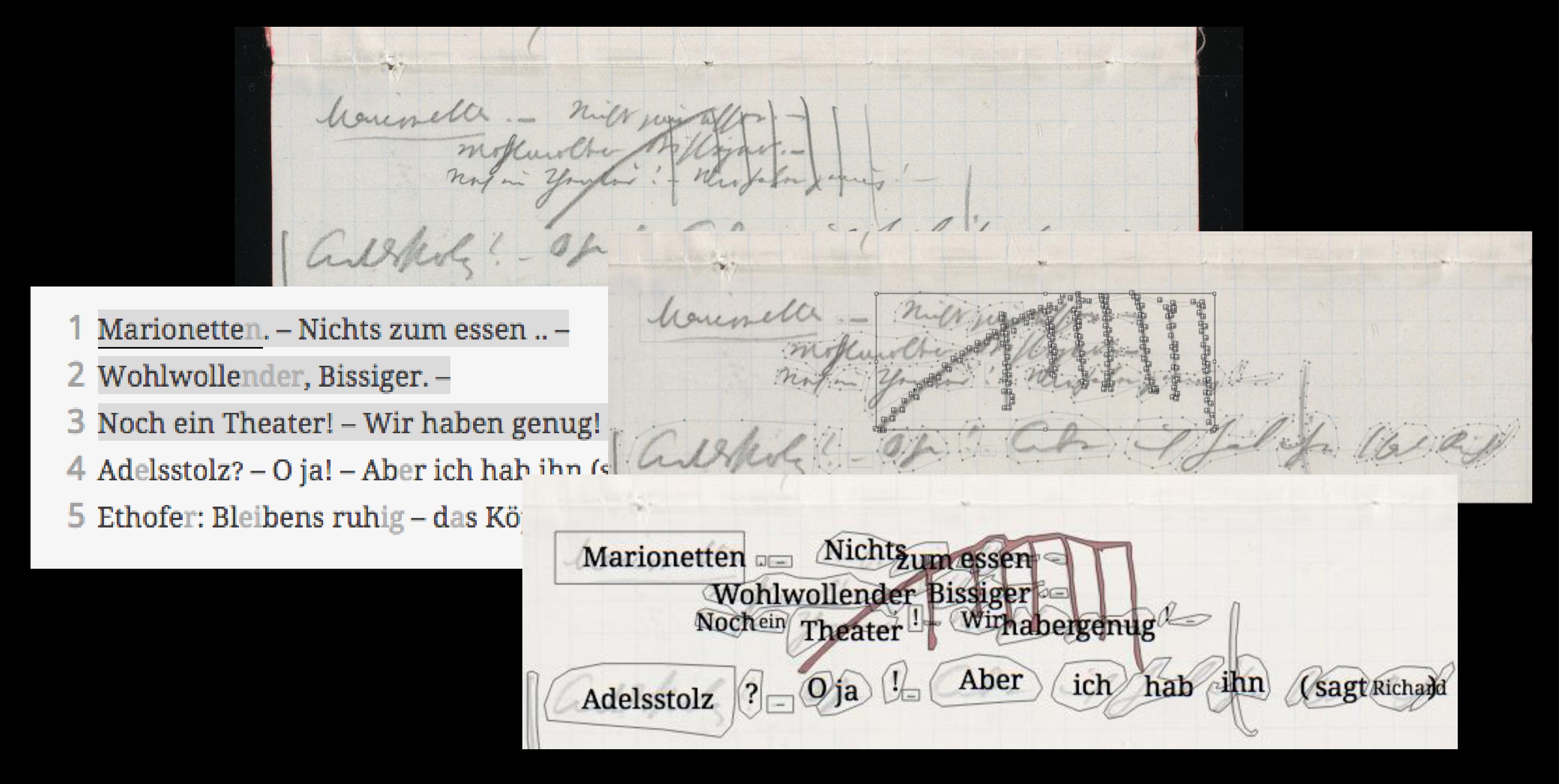
Arthur Schnitzler digital
Digital critical edition
3.30-5.45pm, Thursday 25 April 2019
Milstein Seminar Rooms, Cambridge University Library
The event will mark the University Library’s hosting of the major new digital edition of works by Arthur Schnitzler. There will be a set of short presentations on the methods of the edition and the resources it provides, followed by a reception.
From April 2019, the University Library will be hosting the digital critical edition of middle- and late-period works by Arthur Schnitzler (the larger part of whose literary estate is held by the Library). The edition, core-funded by the AHRC and the German Academy of Sciences, is a collaboration between editorial teams working in Germany (Wuppertal) and the UK (Cambridge and UCL), with technical development teams in Trier (the Center for Digital Humanities) and at the University Library. The event will introduce participants to this cutting-edge digital edition, its methods and toolbox (in particular Transcribo, the transcription software developed by the Trier team). There will also be a presentation of the panoramic digital resource, Schnitzler Story Spheres, commissioned by the UK team from filmmaker and digital artist, Frederick Baker. The presentations will be followed by open discussion and a wine reception.
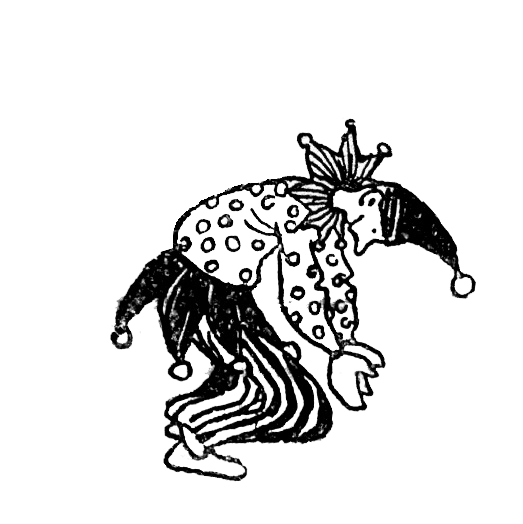
The Great Wurstel
6-7pm, Thursday 25 April 2019
Rare Books Reading Room, Cambridge University Library
Austrian dramatist Arthur Schnitzler’s human puppets will come to life in the first ever theatre performance in the Cambridge University Library. The burlesque comedy The Great Wurstel is among Schnitzler’s most radical dramatic experiments, exploring what animates the ‘puppetlike’ in us.
I love escapades, the wildness and thrill, / Now do with me whatever you will!’ Arthur Schnitzler’s scandalous comedy The Great Wurstel explores the dynamic between humans and puppets, surrender and manipulation, which remains highly topical in a world increasingly ruled by machines. Performed by humans and para-human figures, the seductive charms of Schnitzler’s theatrical parody extend to the members of the audience, who will have to decide if they are indeed human or a puppet.
Schnitzler’s physical theatre will be presented in close proximity to his manuscripts, held at Cambridge University Library, as the Rare Books Reading Room is transformed into the rumbustious Viennese Prater amusement park.
The performance is part of the launch event for the digital edition of Schnitzler’s middle- and late-period works, hosted by the University Library. The production is a collaboration between the Library, a student theatre ensemble and the Schnitzler Digital Edition Project and it will be based on a new English translation of the play.
The poster is available here.
Theatre production of Professor Bernhardi will come to Cambridge
28-29 October 2016
Priest Bernhardi scene (Act I) at Barts Pathology Museum, London
Schnitzler’s hard-edged comedy Professor Bernhardi (1912) will be staged in the Anatomy Lecture Theatre in Cambridge. The play tells the story of a Jewish doctor who prevents a Catholic priest giving the last rites to a patient who is unaware that she is dying. A new adaptation takes a wry look at the ethical choices that have to be made in hospitals and are as relevant now as they were in Schnitzler’s time. It explores anatomical teaching spaces through a choreography focusing on the movement of doctors. A pre-show talk by literary scholar Annja Neumann and clinical anatomist Cecilia Brassett will introduce the venue and the play.
The production is a collaboration between academics from the Schnitzler Digital Edition Project and the London-based theatre company [Foreign Affairs]. Performances in Cambridge are co-organised by the Department of Physiology, Neuroscience and Development.
Further details and how to book tickets will be announced soon on the Festival of Ideas website.
Anatomy Lecture Theatre at the Department of Physiology, Neuroscience and Development, Cambridge (c) Adrian Newman
Transcribing Schnitzler
A transcription initiative: 19.10-16.11.2015
Explore Arthur Schnitzler’s literary texts online by transcribing his unpublished drafts and sketches. The ‘Transcribing Schnitzler ‘sprint’ aims to 'source' a public crowd, across different generations, which can transcribe a set of Schnitzler’s papers in four weeks. The initiative will start on 19.10.15. Anybody who is interested in deciphering difficult handwriting or Schnitzler’s literary texts can join the conversation. Register here. German language skills are needed to explore the website and Schnitzler’s creative workshop. A selection of the most successful transcriptions will be published on the website after the sprint finished.
‘Transcribing Schnitzler’ is a participatory project organized by the British team of the Schnitzler Digital Critical Edition Project centered around the universities of Cambridge, Bristol and University College London. The UK team is editing texts by Arthur Schnitzler from the period between 1904 and 1913. Unpublished sketches and drafts from Schnitzler’s dramatic texts Professor Bernhardi, Das weite Land and Die Gleitenden will be accessible online for four weeks.
Podcast on '“Dying Well”: Enacting Medical Ethics’ now online
A cross-disciplinary Symposium at Barts Pathology Museum, London, 25-26 September 2015
A podcast and digital archive of last month’s symposium on ‘“Dying Well”: Enacting Medical Ethics’ is available now online. The event brought together scholars and professionals from eight different disciplines including Science Journalism (Susan Watts), Health Care Law (Jonathan Montgomery), Literary Studies (Julia Boll) and Medicine (Samir Guglani). Arthur Schnitzler’s medical play Professor Bernhardi created a versatile space for cross-disciplinary dialogue and public engagement. Listen to a a consultant oncologist quoting T.S. Elliot and Edgar Allan Poe and a professor of law examining conscience and professional identity by walking through the five rooms of Schnitzler’s Professor Bernhardi: http://backdoorbroadcasting.net/2015/09/dying-well-enacting-medical-ethics/
Theatre Event
The Schnitzler Digital Edition Project is pleased to announce a new translation and adaptation of Arthur Schnitzler’s Professor Bernhardi in collaboration with the London-based theatre company [Foreign Affairs]. Performances of Schnitzler’s hard-edged medical comedy took place at Barts Pathology Museum, London, from 23 to 25 September 2015. The Production was accompanied by the symposium ‘“Dying Well”: Enacting Medical Ethics’.Further details are available on the [Foreign Affairs] website.
Symposium '"Dying Well": Enacting Medical Ethics'
The cross-disciplinary symposium '"Dying Well": Enacting Medical Ethics' took place on 26 September 2015 at Barts Pathology Museum, West Smithfield, London. The symposium was open to the public and included a performance of Arthur Schnitzler's Professor Bernhardi by [Foreign Affairs] theatre company on 25 September 2015. Programme and further details are available on the symposium website.
'Im nächsten Jahr kommt er nach Cambridge'*
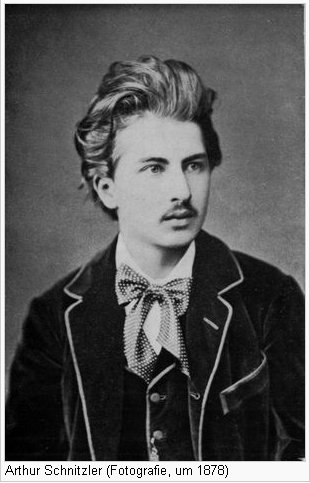
The Schnitzler project, funded by the Arts and Humanities Research Council, will run from January 2014 for five years, with Professor Andrew Webber (Cambridge) as Principal Investigator, Dr Judith Beniston (UCL) and Professor Robert Vilain (Bristol) as Co-Investigators, Grant Young (Cambridge University Library) as Digital Specialist and Dr Annja Neumann (Cambridge) as Research Associate. The team will also include two PhD students, one based at Bristol and one at UCL. The project will have the guidance of a distinguished Advisory Board: Prof. Hans Walter Gabler (Munich), Prof. Martin Swales FBA and Prof. W. E. Yates FBA
Schnitzler's papers were saved from likely confiscation and destruction in Vienna in 1938 and brought to Cambridge, where the larger part of them is now held in the University Library. The archive includes earlier versions of many published works, and the aim is to make this rich and fascinating resource available to a wide range of users. The team will prepare editions of a set of canonical works from the middle period of Schnitzler’s career (Der Weg ins Freie, Professor Bernhardi, Das weite Land) and a group of shorter works around the theme of puppetry (the Marionetten-Zyklus, Die Verwandlung des Pierrot and Der Schleier der Pierrette). Alongside open access to the edited works, provided through a digital portal, the findings of the project will be presented through international conferences and workshops, theatre productions and other events, and publications in book and journal form. Filmmaker and visual culture scholar, Dr Frederick Baker, is also developing a set of digital 'story spheres' for the portal, focused upon Schnitzler locations.
The project is being undertaken in collaboration with colleagues at the Bergische Universität, Wuppertal, where digital critical editions of Schnitzler’s works from the period after 1914 are being prepared (project directors: Prof. Wolfgang Lukas and Prof. Michael Scheffel). The editorial work from the two projects will be united through the digital portal, hosted by Cambridge University Library, and a joint project website is currently under construction. Colleagues in Vienna are also producing critical editions of key works from the earlier part of Schnitzler’s career, with several volumes already published (project director: Prof. Konstanze Fliedl).
* From the draft version of Das weite Land, where the educational career of the Hofreiters’ son is mapped out.
Further details, please see website: http://www.arthur-schnitzler.org

